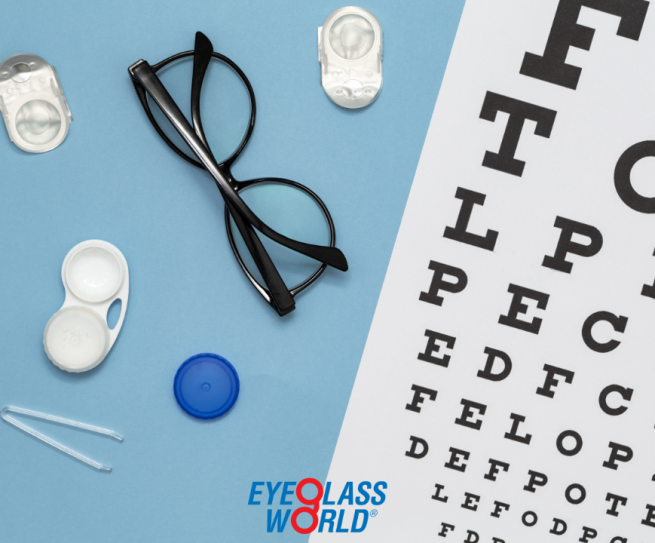
How Your Eyes Can Reveal Other Health Issues
Getting an annual eye exam is not only important to your vision, it’s also important to your overall health! Did you know that there are many different diseases and health conditions that your optometrist may be able to diagnose, potentially before your regular physician diagnoses them?
Here are the top nine health conditions that your eyes can reveal:
- High Blood Pressure: The tiny blood vessels in your retina may look kinked or twisted when your battling hypertension. Your optometrist can see this during a comprehensive eye examination.
- Diabetes: Damage to the retina and blood vessels from diabetes can show up before a blood sugar test reveals diabetes. In cases of diabetic retinopathy, these blood vessels can rupture and leak a yellow-tinted fluid.
- Stroke: When your eyes are dilated, your optometrist can check to see how healthy your blood vessels in your retina look. Unhealthy looking blood vessels could signal a greater risk of stroke.
- Cancer (certain types): Certain cancers—like cancer of the eyelids—can be detected through a closer examination of your lash line. Eye doctors can also detect ocular melanoma—a cancer of the eye that shows up in tiny dark spots visible through your optometrist’s microscope.
- Dementia: Though a special test is required to detect dementia, a protein that builds up in the brain as a result of Alzheimer’s disease may appear in the retina as an early indicator.
- Auto-immune disease: Chronic dry eye can sometimes signal certain autoimmune diseases that impact your entire body. Drooping eyelids could be an early sign of lupus, multiple sclerosis, or another autoimmune disease.
- Liver Problems: If your eyes look yellow, that’s a red flag that your liver may not be detoxing your body like it should. Yellow eyes will signal both your optometrist and your general physician that your liver should be tested.
- Thyroid Issues: Enlarged or bulging eyes could be a sign of hyper-thyrodism—an overactive thyroid.
- Allergies: Even if your nose isn’t running or your throat isn’t scratchy, your eyes could be signaling you that you are allergic to something you’re touching, breathing, or eating. Red, itchy, or watery eyes can signal that your body is trying to protect itself from the allergen.
There you have it. Nine more reasons why it’s important to get your eyes checked regularly. Every year is best, but every two years is fine for healthy adults who don’t wear contact lenses and are under the age of 60. When was your last eye exam? Schedule yours here.
